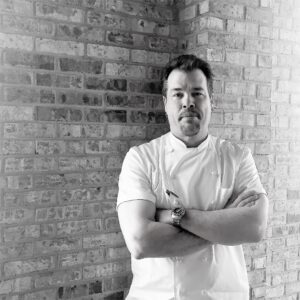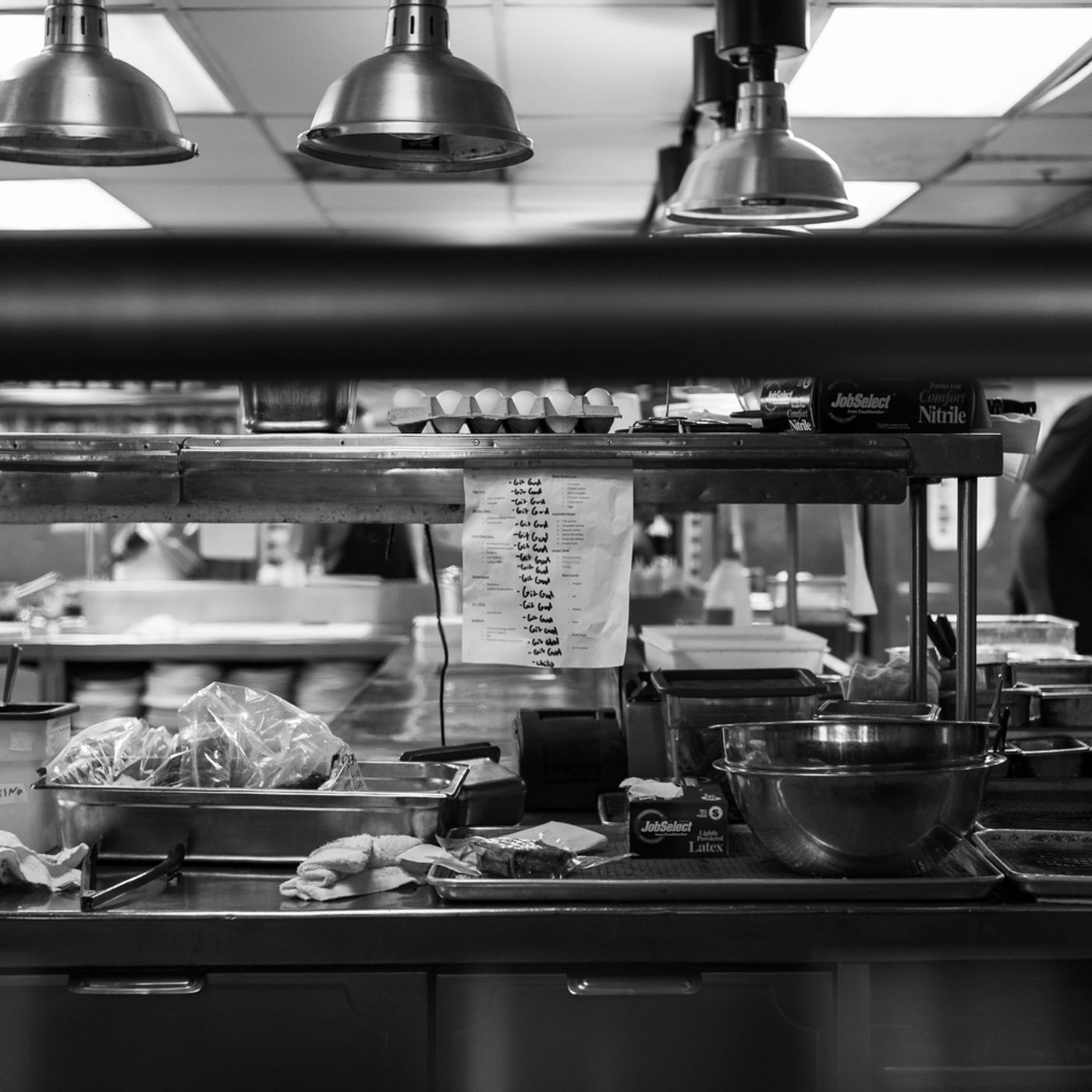Successful restaurant concepts don’t emerge in a vacuum; they are the result of thorough market research.
Understanding your target audience, competition, and local dining landscape is essential for developing a concept that resonates with potential diners. In this article, we’ll share insights into how to conduct market research for your restaurant concept, ensuring it meets the demands and expectations of your intended audience.
1. Define Your Research Objectives
Before diving into research, establish clear objectives. What specific information are you seeking to gather? Are you exploring potential locations, assessing target demographics, or evaluating market trends? Setting well-defined goals will guide your research efforts.
2. Identify Your Target Audience
Understanding your target audience is paramount. Create detailed customer personas that encompass age, gender, income, lifestyle, dining habits, preferences, and other relevant factors. This helps you tailor your concept to the specific needs and desires of your potential diners.
3. Study the Competition
Analyze your competition to identify gaps in the market and differentiate your concept. Visit competitors’ establishments, sample their menus, and observe their pricing, decor, and customer experience. Look for areas where you can stand out and offer something unique.
4. Location Analysis
If you haven’t chosen a location yet, conduct location-based research. Evaluate foot traffic, accessibility, proximity to competitors, and the demographics of the surrounding area. A prime location can significantly impact the success of your restaurant concept.
5. Customer Surveys and Focus Groups
Surveys and focus groups are valuable tools for gathering direct feedback from potential diners. Create online surveys or host focus group sessions to gauge interest in your concept, assess menu preferences, and gather insights into what diners expect from a restaurant in your niche.
6. Online Research and Social Media Monitoring
Leverage the power of the internet to conduct research. Explore online reviews and social media conversations related to similar restaurant concepts. Analyze what customers love or dislike about these concepts, and use this feedback to refine your own.
7. Industry Reports and Publications
Access industry reports, publications, and studies related to the restaurant and foodservice industry. These sources often provide valuable insights into market trends, consumer preferences, and emerging concepts that can inform your own concept development.
8. Financial Feasibility
Assess the financial feasibility of your concept by conducting a cost analysis. Estimate startup costs, operating expenses, and revenue projections. A realistic financial plan is essential for attracting investors and ensuring the long-term sustainability of your concept.
9. Test Your Concept
Before a full-scale launch, consider testing your concept through pop-up restaurants, food trucks, or limited-time events. This allows you to gather real-world feedback, build anticipation, and refine your concept based on actual customer experiences.
10. Analyze and Adapt
After collecting data and insights, analyze the findings and adapt your concept accordingly. Be willing to make changes and refinements to better align with the preferences and demands of your target audience.
A Final Note
The cornerstone of the development of a successful restaurant concept is market research. The key to developing a concept that meets the expectations of potential diners is to understand your target audience, analyze your competition, and assess the local dining landscape in order to create a concept that not only meets but exceeds their expectations. It is important to keep in mind that market research is a continuous process, and that staying on top of shifting consumer trends and preferences is the key to your restaurant’s long-term success in the long-run.




